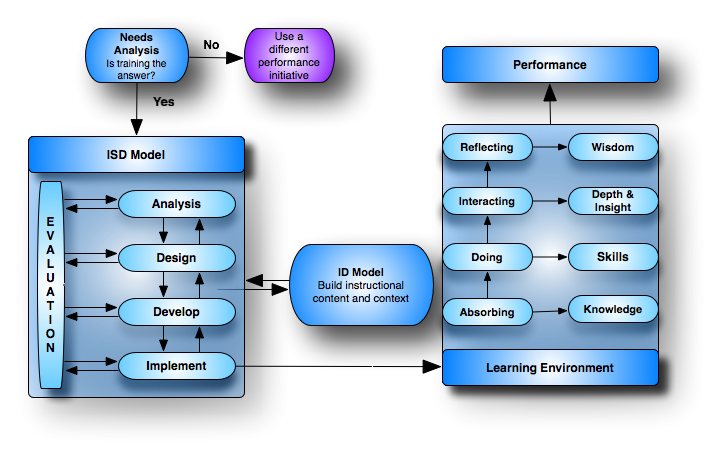Jean Jacques Rousseau
Jean Jacques Rousseau contributed to many branches of social philosophy. The Social Contract is a classic defense of the democratic form of government. Rousseau trusted the general will of a democratic people, as expressed by a vote of the majority, to make all important decisions. This trust in the majority contrasts greatly with the ideas of philosophers who championed minority and individual rights.
Rousseau's unconventional views antagonized French and Swiss authorities and alienated many of his friends, and in 1762 he fled first to Prussia and then to England. There, he was befriended by the Scottish philosopher David Hume, but they soon quarreled and denounced each other in public letters.
While John Locke developed a theory of testing for the validity of knowledge and John Comenius established that children learn better from experience, Jean Jacques Rousseau, who supported these educational approaches, wrote the influential Emile (1762). Rousseau expounded a new theory of education emphasizing the importance of expression rather than repression to produce a well-balanced, freethinking child. He explained his views on the benefits of health and physical exercise, and the belief that knowledge acquisition occurs though experience and that reason and investigation should replace arbitrary authority. He also proposed that education should follow natural inclination impulses and feelings (similar to learning styles).



